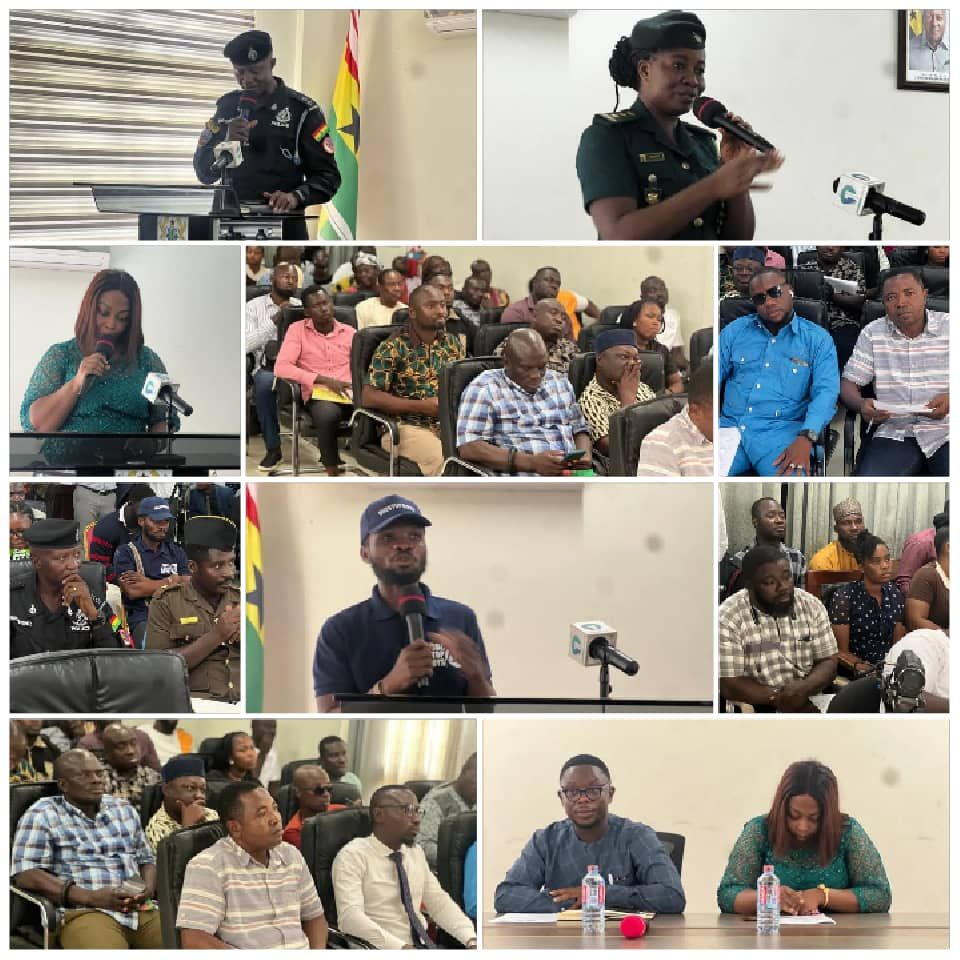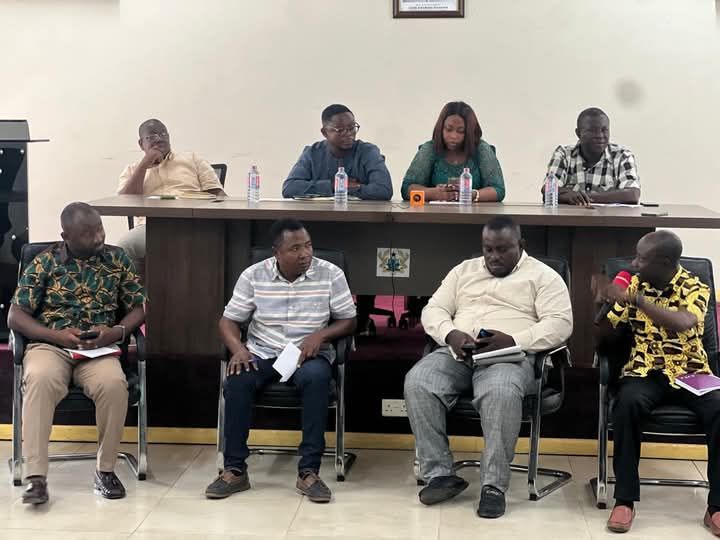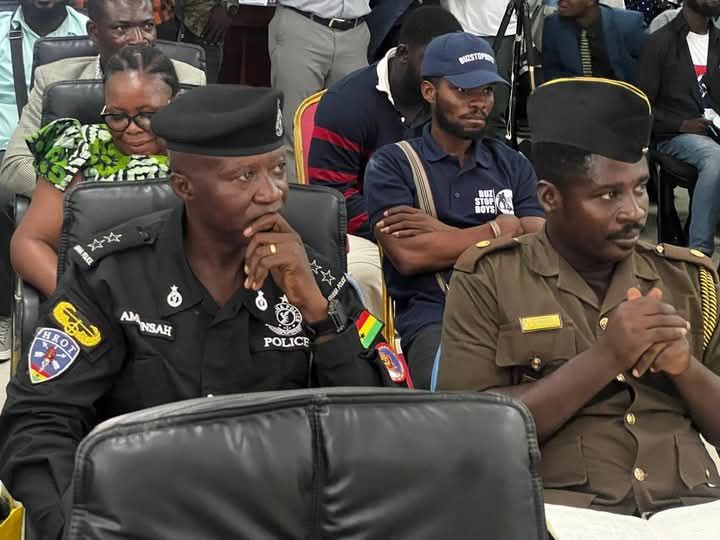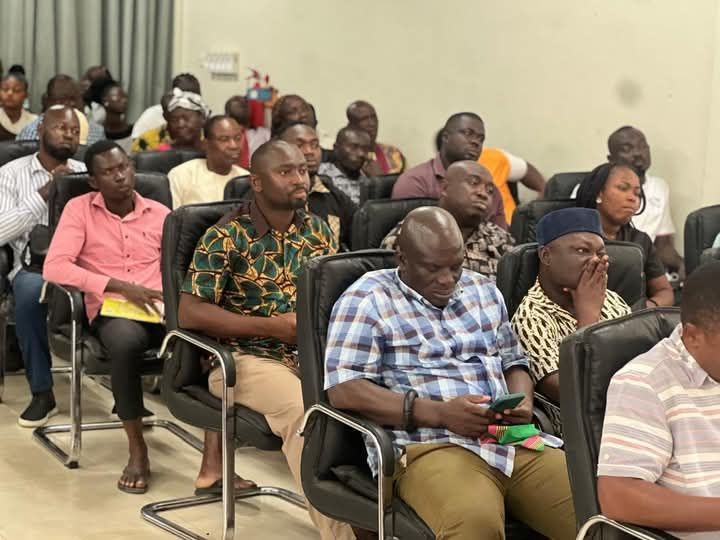AN ENERGY and infrastructure finance expert, Patrick Nyarko, has raised red flags over potential over-invoicing by Independent Power Producers (IPPs), warning that it may be contributing significantly to Ghana’s deepening energy sector debt.

Mr. Nyarko is urging the government to rigorously scrutinize invoices from IPPs before making payments, expressing concern that the ballooning debt could be the result of inflated charges.
His comments come in the wake of recent revelations by the Minister for Energy and Green Transition, John Jinapor, who disclosed that the government owes IPPs a staggering $1.7 billion – $400 million of which is owed to Karpower Ghana alone.

Karpower has issued a stern warning, threatening to cut supply by May 18 if the government fails to make payments – raising fears of an imminent power crisis.
“This should concern every Ghanaian. The question we must ask is: are we being overcharged? It’s possible some unscrupulous individuals are draining state resources through inflated invoices,” Nyarko stated in an interview with Connect FM in Takoradi.

He stressed the need for increased vigilance in the validation of IPP invoices and called for renegotiation of the debt terms. While the Minister may not be directly responsible for invoice validation, Nyarko believes he must take a proactive role in ensuring transparency.
“We’ve been servicing these debts for years with little progress. It’s time we ask why. The government can and should renegotiate these agreements,” he added.
Nyarko also warned that failure to settle debts owed to Karpower could trigger a domino effect, with other power producers like Asogli following suit. This, he cautioned, could plunge the nation back into a debilitating period of load shedding, known locally as dumsor.

In a bid to allay public fears, the Ministry of Energy and Green Transition has announced the procurement of 450,000 barrels of light cycle oil to power plants nationwide, with more fuel expected soon. Richmond Rockson, Head of Communications at the ministry, assured that there will be no prolonged outages due to fuel shortages.
Still, the underlying financial strain remains a major concern as stakeholders call for urgent reforms to prevent a full-blown energy crisis.
Source: Nationaltymes.com

















